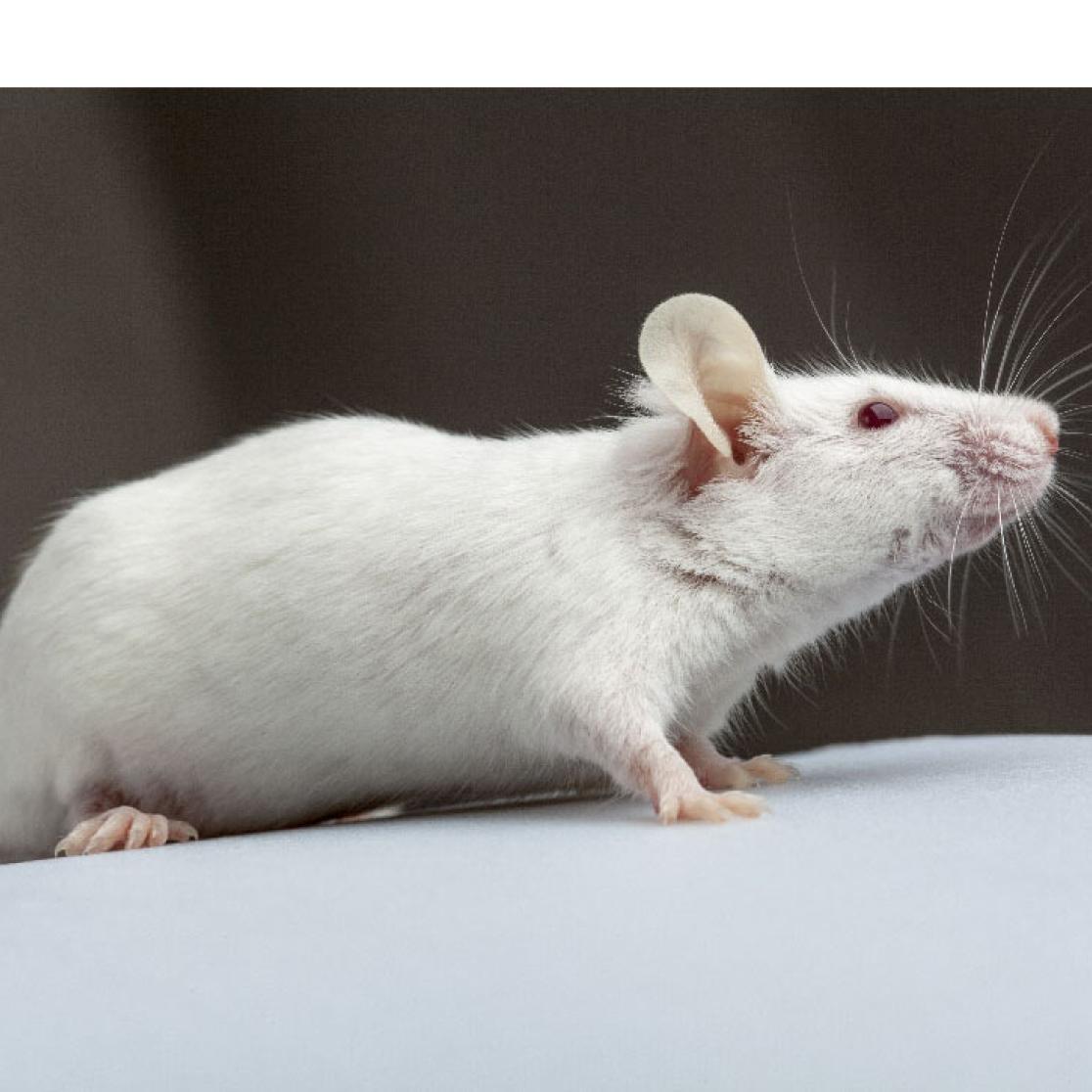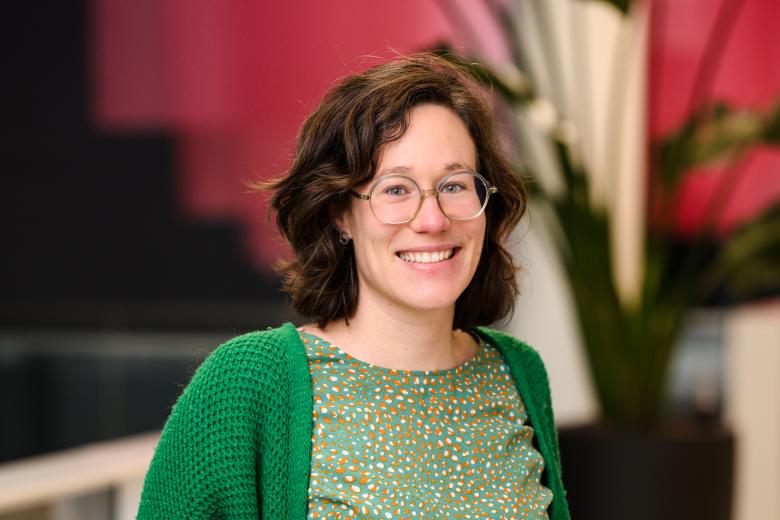Wake up, immune system!!
He knows for sure that they are on the right track. They first saw it in a small group of patients with advanced cancer, and now they are about to give a larger group of patients the new, experimental treatment. Dr Ludwig Dubois and his colleagues are researching the use of a combination of radiation and immunotherapy to fight cancer. “Cancer can grow in humans or animals because the immune system no longer recognises cell mutations. We actually give the immune system a good wake-up call: go and do what you are meant to do.”
The treatment as a car
Immunotherapy comes in many forms. Ludwig Dubois and his colleagues use a specific molecule (I.e. an immunocytokine based on Interleukin-2). This molecule gives the immune system a big boost after it has been delivered directly to the tumour through the patient’s blood. In combination with a single dose of radiation, this therapy appears to be very effective. Especially if this is also done in combination with yet another molecule that counteracts the suppression of the immune system—the immune checkpoint inhibitors. Dubois: “We compare it to a car on a downhill slope. Irradiation is the GPS, the immunotherapy is pushing the gas pedal and the immune checkpoint inhibitors take the foot off the brake pedal.”
Surprisingly good results…
To their own surprise, the initial results in mice (even without the inhibitors) were spectacular. “Mice with a tumour recovered completely in 75% of the cases and they were still cancer free another 150 days thereafter. When they were subsequently injected with tumour cells again, the immune system in most cases recognised the cancer and cleared it out spontaneously. So, you actually train the organism to clear out the same cancer in the future as well.” And what about metastases, which are sometimes not even detected? “Twenty per cent of the metastases were also eradicated long term in our mouse model, without them being irradiated.”
…also in the first six treated patients
The next step, a small scale study in humans, was performed in six patients who were in an advanced stage of cancer, for who many treatments lost their effectivity. The goal of this study was primarily to find the maximum doses of radiation and immunotherapy – at what doses the side effects are acceptable for the patient. The question of the effect on the disease was of secondary importance. “We finished this study over two years ago and two of those six patients have not deteriorated any further. We must be on to something. What we first saw in lab animals seems to be proven in patients.”
The next follow-up study
First, the METC medical ethics review committee (Medisch Ethische Toetsings Commissie) must approve the study of 100 patients with non-small cell lung cancer and a maximum of five metastases, after which it can be conducted in various European institutions. Their primary tumour will be irradiated in combination with the two therapies that press the gas pedal of the immune system and release the brake. And all there is left to do is just hope that the car will cruise to its destination like a charm.
Dr Ludwig Dubois works together with Prof. Philippe Lambin and their team is affiliated with the UM research school GROW, where the cancer research is based. For the study in 100 patients spread across various European research institutes (the phase 2 study), they received a 6.5 million euro grant from the European Commission.

The necessity of animal testing
Unfortunately, there is still no alternative for the usage of mice for this type of research. Replacement is therefore still in the distant future, but reduction and refinement have long been a daily practice. Dr Ludwig Dubois: “In the 17 years that I’ve been doing this work, I’ve always considered every test very strictly: are lab animals really needed and what is the minimum number that we need? Every experiment is ethically reviewed and I wouldn't want it to be any different. If that substantiation is there and patients can possibly be helped with it in the future, I find it acceptable. The day that the scientific community can create an immune system without lab animals, I’ll sign up immediately. But we’re not there yet.”
Also read
-
Aurélie Carlier receives Athena Award
Aurélie Carlier receives the Athena Award. This award is for exceptional female researchers who serve as role models through their successful scientific careers.
-
Denise Slenter Joins the BioSB Board as 'YoungCB' Portfolio Leader: request for PhD representative, and members
YoungCB is a network group designed for Early Career Researchers in Bioinformatics and Systems Biology, providing valuable opportunities for MSc students, PhD candidates, and postdocs to connect and collaborate.
-
High impact paper in Nature Reviews Drug Discovery
Members of Translational Genomics together with the TransQST consortium published a high impact paper in Nature Reviews Drug Discovery. It highlights the advancements in the development of in vitro models for predicting drug toxicity, with recommendations for their application in drug discovery.